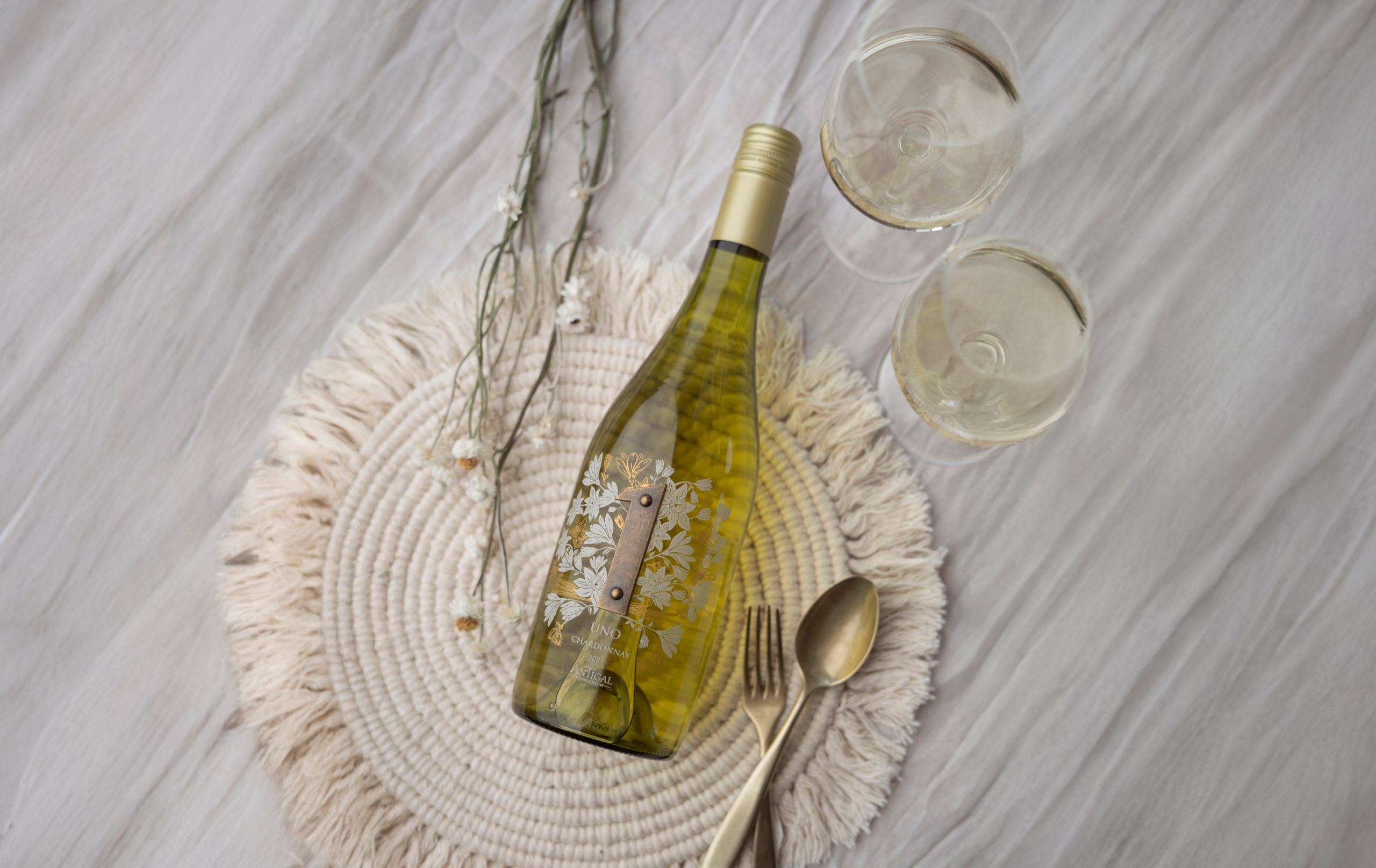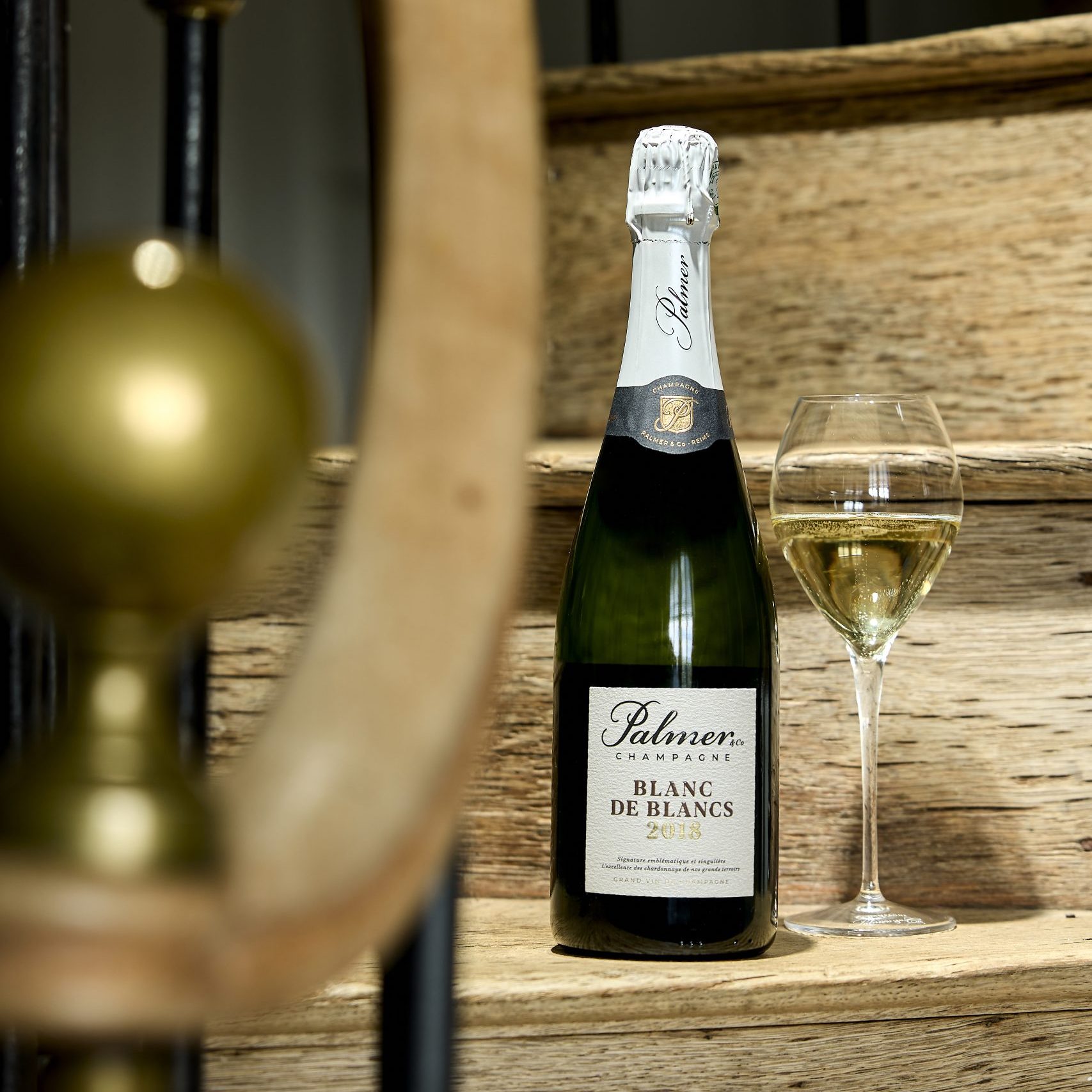London’s Small Beer Brew goes from strength to strength
Having launched what they claim is the world’s first ‘small beer’ brewery, Small Beer Brew Co. has expressed a desire to focus on its “social responsibility” by creating an open, artistic space at its new Bermondsey brewery.
After reporting the launch of Small Beer Brew Co. in November 2017, co-founder James Grundy told the drinks business that the brand has since received a “fantastic reception” in the trade.
He added: “We have in fact sold out of the product which is a challenge albeit an amazing one to have!”
Brewing beers between 0.5% and 2.8.% ABV, Small Beer Brew Co. has achieved listings at The Savoy, Three Sheets, Balthazar London, Aqua Shard, The Arts Club and The National Theatre.
It is also available to buy online via the Whisky Exchange, LightDrinks and Eebria, while you can pick up a bottle at London deli Bambuni & Franklin, bottle shop Waterintobeer, Burns & Black, Hop and Flock & Herd butchers.
On a visit to the brewery, which the ex-Sipsmith gin duo hope to open to the public at the end of February, Grundy highlighted the brewery’s commitment to what he called its “social responsibility”.
“The concept is based on the need to take part and the social aspect of drinking,” he told db.
“We’re not completely taking away the fun, but we do understand that nowadays, people want to enjoy social occasions with a drink, yet still be able to get up in the morning with a fresh head and ready to tackle the day ahead”.
He gave the example of drinking before watching a show or going to the theatre. You can still have a drink, but it won’t be strong enough to spoil the subsequent performance. And of course, there is the added bonus (that The National Theatre is well aware of) that it might prevent the odd booze-induced snooze mid-show.
In keeping with that ideology, Grundy and co-founder Felix James have vowed to transform the brewery into an “artistic space” capable of hosting events, complete with a kitchen and bar.
They are also focusing on sustainability, choosing ‘water use’ as the particular element that they wish to address. They’ve committed to a ‘dry floor policy’ at the brewery and have reduced the amount of water used in the brewing process from as much as 10 pints to only 1.5 pints of water per pint of beer. They also have plans to capture rainwater, install solar panels and recycle their spent grain.
James, who has previously worked for Budweiser and Fuller’s, designed his own bespoke system, which was built by Gravity Systems, in order to create a beer that naturally has lower alcohol.
Partner Content
“We wanted to strip things back to basics with regards to the equipment,” he told db.
“We wanted to see that at what stage we could remove things but retain the flavour and produce less alcohol.
“The process itself involves techniques such as krausening, a traditional German method for carbonating beers without the use of sugar or additives. Instead freshly fermented malt wort is added into the fermented beer to provide the malted sugars needed for carbonation.
“We also carry out spunding, another technique which helps to naturally carbonate beers by controlling the release of carbon dioxide – keeping the tanks pressurised.”
“Our beers are unfiltered and unpasteurised, so I suppose you could say it is natural beer – without the beards!” James added, despite the fact that both he and Grundy were sporting beards at the time.
He explained that by brewing from scratch and creating a process that produces less alcohol, rather than de-alcoholising the beer once it is brewed, the process does take longer and is more expensive. He believes it’s worth the extra cost.
“I can’t produce a 5% ABV on this kit, but that’s fine, I don’t want to,” he said.
Grundy and James created their labels with the help of design agency Kingdom & Sparrow. They said that the hand symbol, which features prominently on the design, has proved to be useful when ordering the beer at a bar.
They told db that they were aiming to put the core range which consists of two lagers – a Pilsner-style lager made with British malt and Saaz hops (2.1% ABV) and a dark lager (1% ABV) described as having “dark berry fruit on the nose” and a “coffee-like palate and smoky finish” – into cans by spring 2018.
“We’ll be keeping the range tight, but may move away from lager in the future,” added Grundy. “We ultimately want our beers to be approachable and enjoyed by all”.




